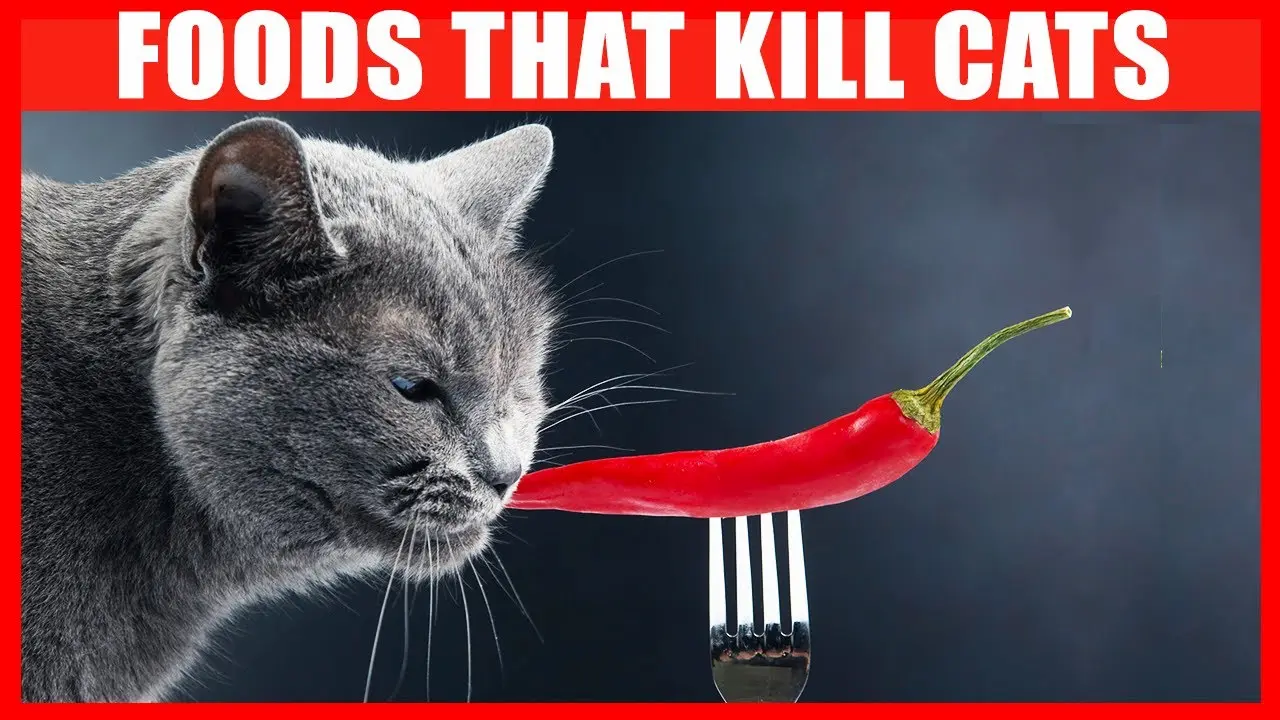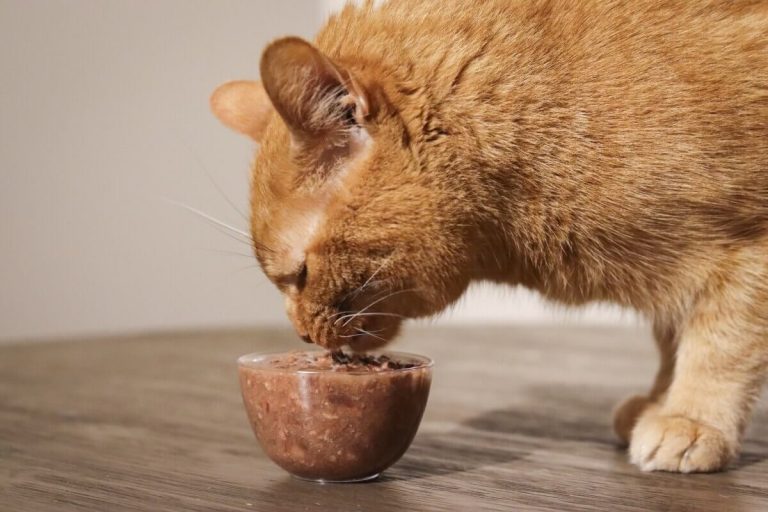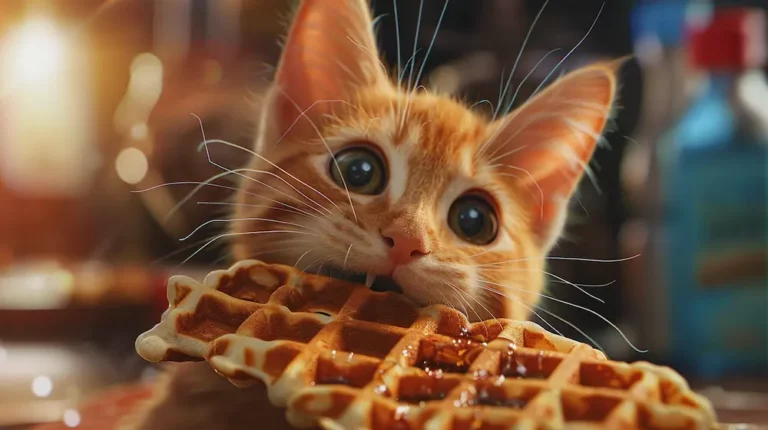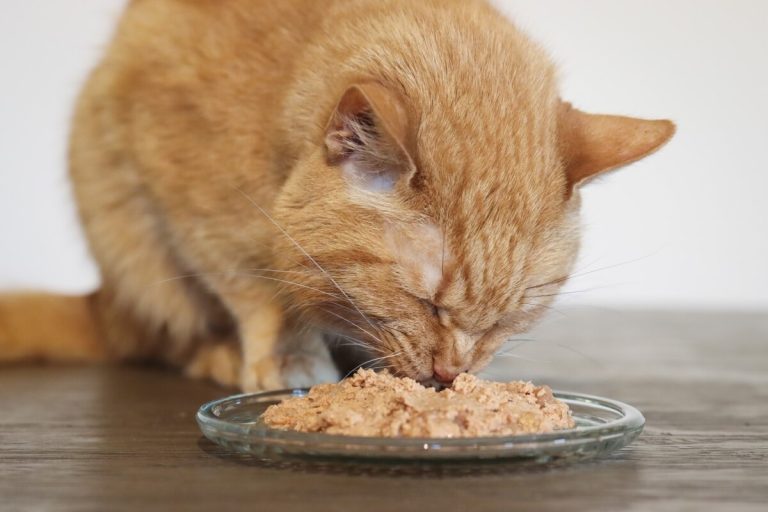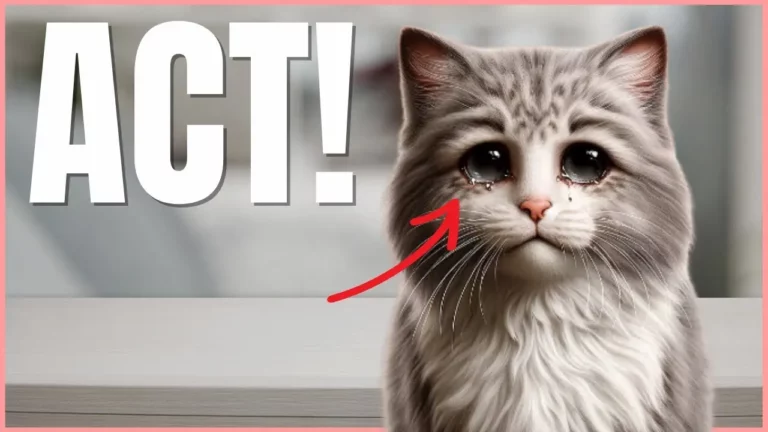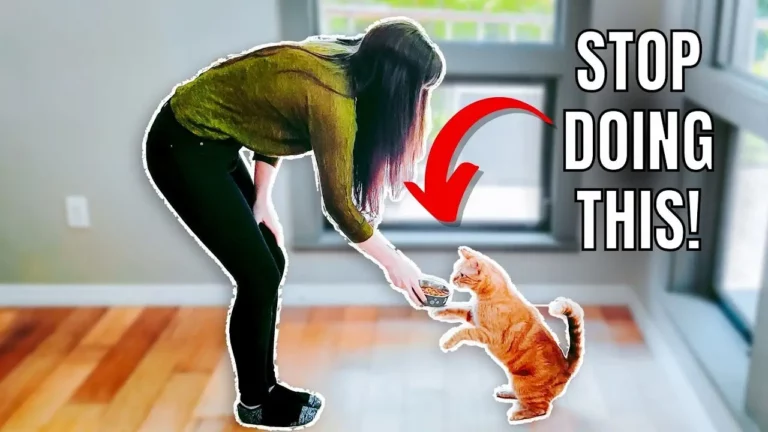Can Cats Eat Soy Sauce – Examining the Potential Risks
Soy sauce is a condiment that people have been using for many, many years, especially in Asia.
It has become more popular in the rest of the world thanks to Chinese restaurants, and lots of people now cook their homemade meals with soy sauce (including the well-known Macaroni Chinois that Quebecers love and that I’ve had myself!).
But is soy sauce safe for cats? Can you give your
We’re answering these questions and more in today’s article, so keep on reading!
Can cats eat soy sauce?
There’s only one answer to this question and it is a clear and hard NO.
Soy sauce is extraordinarily rich in salt and even though cats are obligate carnivores, they shouldn’t have a diet rich in sodium whatsoever.
Some kibble and canned
However, these quantities are never life-threatening to cats, as they are when it comes to soy sauce.
To make things just a little worse, soy sauce is made with fermented soybeans, and cats are not supposed to have legumes, either.
Are there any potential benefits of giving soy sauce to cats?
Unfortunately, the answer to this question is also no.
Soy sauce does have some nutrients that are available to humans, but due to its salt content, it is a no-go for pets, in general, and cats in particular.
For example, soy sauce contains some minerals such as magnesium, calcium, and iron. Furthermore, it is fairly rich in vitamin B6 since just 100 grams contain 5% of the daily necessary value for humans for this nutrient.
However, 100 grams of soy sauce also has 226% of the daily sodium value recommended for humans — so you can easily see why it’s a bad idea to give it to cats.
Health risks of giving soy sauce to cats
Digestive distress
As previously discussed, soy sauce is made from fermented soybeans, so off the bat it is not species-appropriate.
But due to its massive salt content, soy sauce can also cause abdominal pain, diarrhea, and vomiting in cats (and dogs or other species).
Just one teaspoon of soy sauce can cause havoc for a
Neurological symptoms
This is one of the more worrying symptoms that a
Some cats, especially those that are malnourished or have a history of neurological complications, could experience seizures or tremors.
If you see that your
Time is of the essence when it comes to salt poisoning, including in humans!
Dehydration
Cats don’t tend to drink huge amounts of water anyway, so giving them something that’s extremely salty depletes them from fluids that are necessary so that their internal organs function properly.
If your
Kidney disease complications
Every electrolyte that animals and humans ingest gets eliminated through the kidneys.
The kidneys and the liver are two of the most important filtering organs that we are equipped with, so your
Your pet’s body, in an attempt to get rid of the excess salt in its system, will get rid of other precious nutrients, as well, some of which maintain the fluid balance at a tissue and cell level.
Hypertension and other cardiovascular complications
Every person who’s ever monitored their blood pressure knows that salt is bad and can lead to hypertension.
Well, the same rule applies when it comes to cats and soy sauce.
Besides high blood pressure, your
Diabetes-related issues
Diabetic cats should not have a diet rich in sugar or salt.
If your
Is Chinese food safe for cats?
No.
There are several reasons why table scraps are bad for cats, including Chinese food.
First of all, the sodium content in fish sauce, soy sauce, oyster sauce, or garlic sauce is through the roof, so that makes all of these food dishes inappropriate for cats.
Secondly, there are other ingredients that are problematic such as MSG or the rendered fat in some recipes.
Various pork dishes can be too fat, too, so they are also a no-go.
What happens if my cat licks soy sauce?
If you were enjoying a dish to which you’ve added soy sauce and your
If you do not think that your
Chances are that they’ll drink a bit more water and visit the litter box a little more often, but other than that, if your pet is a healthy adult, it’s probably nothing worth worrying about.
However, if you think that your
Can soy sauce kill cats?
Depending on how much they’ve had, the answer to this question is a potential yes.
The high blood pressure, the negative effects on the nervous system, the havoc on the kidneys and digestive tract, and everything else that your
Keep your pantry well-stocked and locked and teach your
